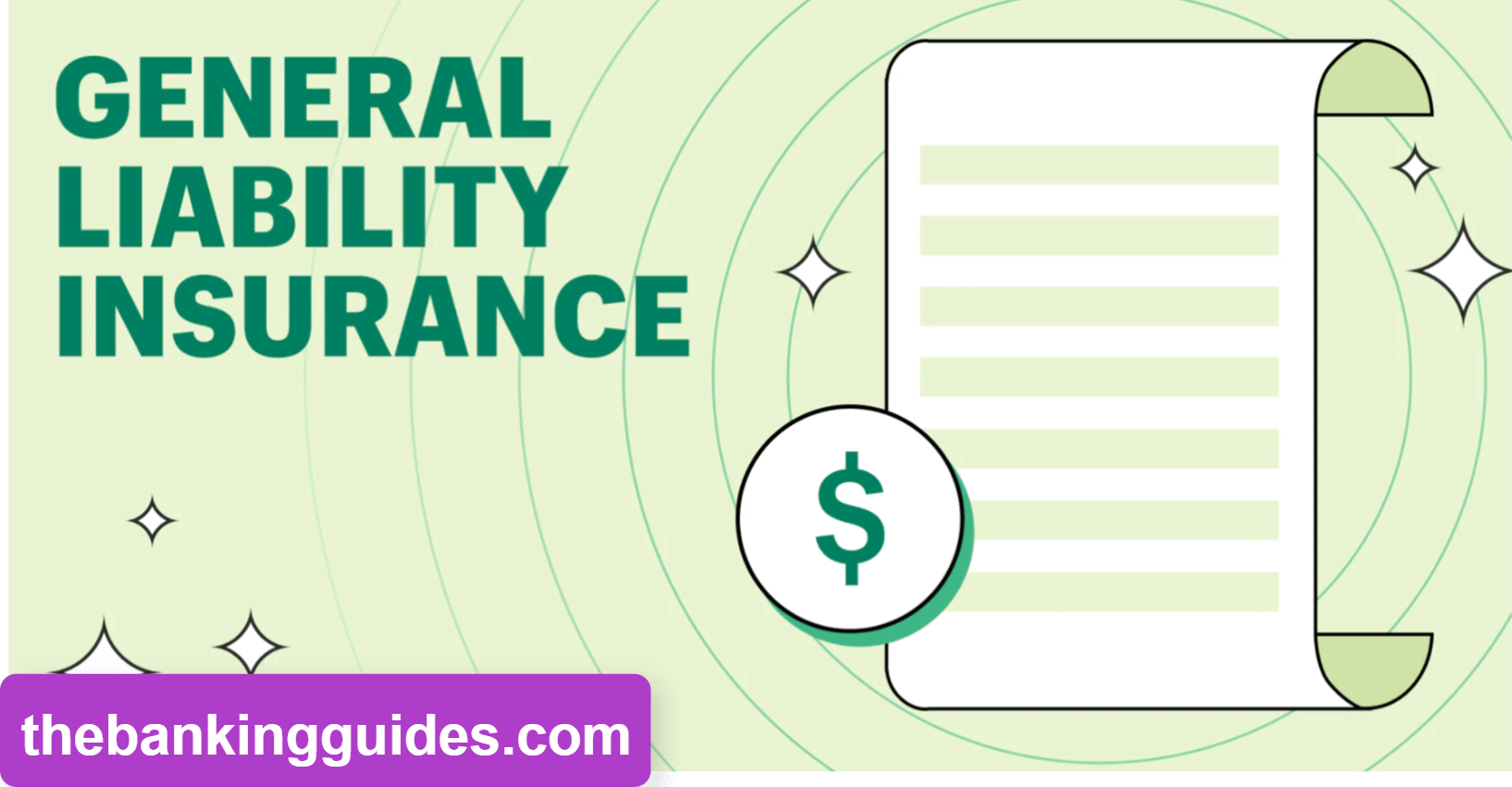Business liability insurance serves as a safeguard for the financial interests of companies and business owners, offering protection in the face of formal lawsuits or third-party claims. These policies encompass direct financial liabilities and legal defense expenses. The primary types of business liability insurance include:
- General liability insurance
- Professional liability insurance
- Product liability insurance
Exploring the Essentials of Business Liability Insurance
Small business owners often find their personal finances at risk when facing business-related lawsuits, making partnerships and sole proprietorships especially susceptible to significant expenses. Even within the protection of a limited liability corporation (LLC), owners may still encounter personal risk.
Business liability insurance plays a crucial role in safeguarding a company’s assets and covering legal obligations. This includes expenses like medical costs for customer injuries on the business premises and on-the-job injuries sustained by employees. In cases where businesses face higher risks than traditional liability insurance covers, additional protection can be obtained through excess of loss reinsurance or umbrella insurance.
The coverage extends to the costs of the company’s legal defense, settlements, or mandated payments resulting from legal judgments. These expenses encompass compensatory damages, non-monetary losses suffered by the injured party, and punitive damages.
For businesses leasing commercial real estate, general liability insurance offers protection against liabilities arising from damages due to fire, mold, floods, or other physical catastrophes.
Lastly, business liability insurance also addresses claims related to false or misleading advertising, covering issues such as libel, slander, and copyright infringement.
Understanding the Cost of Business Liability Insurance
The cost of business liability insurance is typically influenced by a business’s perceived risk levels. For instance, a building contractor dealing with heavy equipment and hazardous machinery may face higher coverage costs than an accountant working in a safer office environment.
Businesses categorized as lower risk may find a cost-effective solution in a business owner policy (BOP), which combines general liability and property insurance. To minimize costs, any new or additional business liability insurance policies should include exclusion clauses, preventing the duplication of coverage from competing insurance providers.
What Is Directors and Officers (D&O) Liability Insurance?
Directors and Officers (D&O) liability insurance serves as a crucial component of business insurance designed to safeguard the directors and officers of a company. These individuals may face lawsuits from third parties, including suppliers, customers, or even employees. D&O liability insurance is designed to protect the personal assets of directors and officers in the event of legal action.
Business Protections: An Overview of Different Types of Business Insurance
Businesses have the option to acquire various insurance policies to shield themselves from a range of risks. Different types of insurance cater to distinct risks, and depending on the nature of the business, a combination of policies may be necessary. Common types of business insurance encompass:
- General Liability Insurance: Safeguarding against bodily harm, property damage, and personal injury to others.
- Commercial Property Insurance: Providing protection against damage to owned or rented business property.
- Business Income Insurance: Offering protection in the event of a loss of business income.
- Professional Liability Insurance: Shielding against errors made by the business in the products or services it offers.
- Data Breach Insurance: Providing protection against damages resulting from data breaches or cyber attacks.
Navigating Business Debt: Is a Sole Proprietor Personally Liable?
Indeed, as a sole proprietor, you bear personal liability for your business’s debts. In a sole proprietorship, where one individual manages the business, the owner assumes responsibility for all debts and potential legal matters, including lawsuits. Unlike some business structures, such as LLCs, there is no safeguarding of the owner’s personal assets. In contrast, the structure of an LLC separates the business from its owners, offering protection for personal assets in the face of lawsuits or outstanding debts.
FAQs
What is professional liability insurance coverage for business?
Professional liability insurance safeguards businesses and professionals from financial losses due to claims of negligence or errors in their services or advice. It is crucial for protecting against legal expenses and settlements arising from client allegations of harm caused by professional actions or advice.
What is the meaning of commercial liability insurance?
Commercial liability insurance safeguards businesses by providing financial protection against third-party claims for bodily injury, property damage, or personal injury. It covers legal expenses and settlements arising from lawsuits related to the business’s operations, ensuring financial stability and protecting its reputation.
What is the difference between CGL and PL?
Commercial General Liability (CGL) insurance covers general business liabilities, including bodily injury and property damage, while Professional Liability (PL) insurance is tailored for professionals, safeguarding against claims of negligence or errors in their services. CGL is broader in scope, addressing general business risks, while PL is specialized in protecting professionals from risks related to their expertise.
What are the three types of liabilities?
The three primary categories of liabilities encompass:
- Short-term Liabilities: These are current obligations expected to be settled within a year, encompassing items like accounts payable and short-term debts.
- Long-term Liabilities: Involving prolonged obligations not due within a year, this category includes long-term loans, mortgages, and deferred tax liabilities.
- Potential Liabilities: These are contingent obligations contingent upon future events, like legal claims or warranties.
What is the difference between business liability and professional liability?
The contrast between business liability and professional liability is rooted in the types of risks they address. Business liability insurance shields against general risks such as bodily harm or property damage, offering broad coverage across industries. In contrast, professional liability insurance targets errors or negligence specific to professional services, providing tailored protection for professions where mistakes could result in financial losses for clients.
What is the cheapest small business insurance?
Discovering cost-effective small business insurance hinges on several factors, such as the required coverage, industry nuances, and business size. Typically, a Business Owner’s Policy (BOP) emerges as an economical choice for small enterprises, combining essential coverages like general liability and property insurance. By evaluating quotes from diverse insurers and tailoring coverage to align with the business’s distinct requirements, it becomes possible to pinpoint the most financially viable option.










